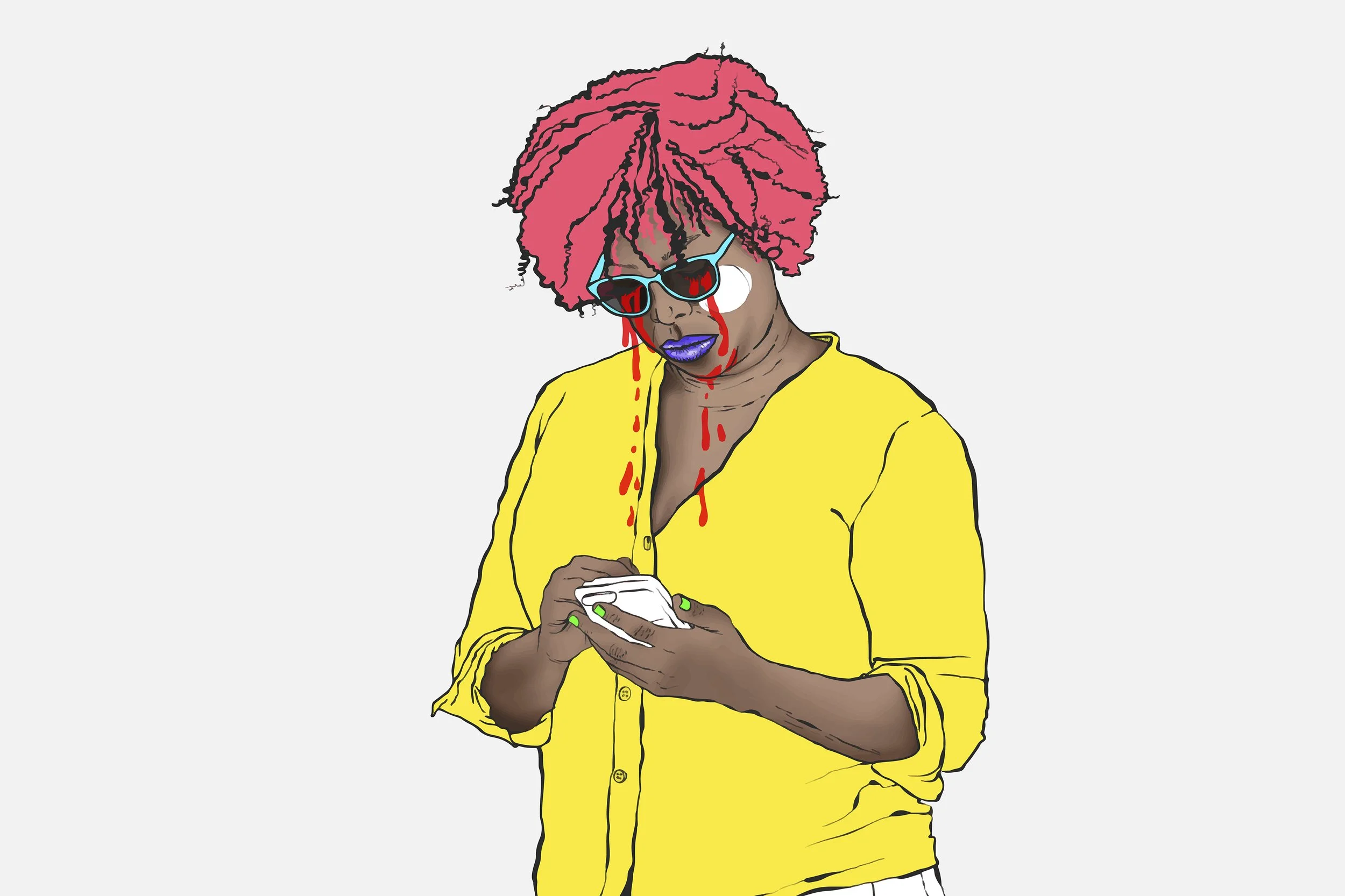We live in a strange moment in history: a time when we are both overstimulated and overwhelmed by caring. Our phones ping with causes, crises, tragedies, opinions, and expectations. Every headline seems urgent. Every issue feels like it demands a stance. Every day brings something new we’re supposed to worry about, engage with, fix, or feel guilty for not responding to.
Read MoreMental Heath Resources
We often talk about vulnerability as if it’s a dramatic, cinematic moment—tears, confessions, a big reveal that shifts the entire course of a relationship. But most of the time, vulnerability is quieter. It’s subtle. It’s a slow opening rather than a sudden breakthrough. And it’s one of the hardest things we do as humans: letting people in.
Read MoreIn a world where quick wins and shortcuts are often glorified, doing what’s right can feel outdated or even inconvenient. Yet history, philosophy, and modern psychology all converge on one truth: acting with integrity is not only essential for building trust — it's a cornerstone of a fulfilling life.
Read MoreChange is one of the few constants in life, yet it often feels like the most disruptive force we face. Whether it's a career shift, a move to a new city, the loss of a loved one, or even personal growth, change challenges our sense of stability. But while it can be uncomfortable, change is also an opportunity — a doorway to renewal, reinvention, and resilience.
Read MoreEmotion Regulation teaches how to slow down and observe our emotional experiences so that we can slow down and choose a reaction. Often, we are operating from an emotionally reactive place. This is not always bad or destructive, but if left unattended, continuously acting from an emotion can lead to poor decisions and hurtful behaviors towards ourselves and others.
Read MoreCultivating non-judgmental thinking is taught in Dialectical Behavior Therapy (DBT) Skills Training Groups. In DBT mindfulness skills are intended to improve an individuals abilities to observe and describe themselves and their environment non-judgmentally, which enhances the ability to participate in life effectively. Mindfulness teaches individuals to observe and describe their own behavior, which is necessary when any new behavior is being learned, when there is some sort of problem, or a need for change.
Read MoreThink of distress tolerance as a continuum where at one end people can be extremely intolerant of distress, and at the other end people can be extremely tolerant of distress. Fear and avoidance of the distress actually magnifies the experience of difficult situations or emotions.
Read MoreCognitive distortions are thoughts that aren't actually true but feel true. CBT works by focusing on the negative thoughts and learning how to challenge them, as well as learning how to change unhelpful behaviors such as avoidance. Cognitive distortions are simply ways that our mind convinces us of something that isn’t really true.
Read MoreMindfulness is the practice of observing one’s emotions and environment, describing feelings and experiences, and fully participating in the moment. In DBT, the practice of core mindfulness is taught through “what” skills and “how” skills, i.e., what can we do to become mindful and how should we do it? Dialectical Behavior Therapy (DBT), an evidence-based treatment for suicidal behaviors, borderline personality disorder and other severe and complex mental health disorders.
Read MoreDistress Tolerance skills in DBT focus on providing a framework to help cope and survive during an emotional crisis. These skills are meant to be used as short-term solutions to get through emotional (and sometimes physical) intensity. Distress Tolerance skills are to help you get through situations in life when you cannot make changes for the better, and for any number of reasons, you cannot sort out your feelings well enough to make changes in how you feel.
Read MoreThe 2008 Mental Health Parity and Addiction Equity Act (MHPAEA) and the Affordable Care Act (ACA) brought about many changes to how health insurance covered mental health. The effect these acts had on the insurance system in the U.S. is debatable, however these acts directly contributed to the expansion of mental health coverage in the U.S., as well as contributed to how private mental health practices, such as ourselves, can provide our services to the community.
Read MoreDr. Kabat-Zinn further describes Mindfulness as “a whole repertoire of formal meditative practices aimed at cultivating moment-to-moment nonjudgmental awareness.”, and “nonjudgmental really means that you’ll become aware of how judgmental you are and then not judge that and see if you [can let go], for a few moments at least, the restraining order that filters everything through our likes and dislikes or wants or aversion”.
Read MoreThe goal of DBT is to help build skills to increase your effectiveness in managing difficult emotions and situations while also learning to identify behaviors that promote stability and health. ACCEPTANCE and CHANGE: Getting aligned with the reality of our difficulties allows us to start working towards meaningful changes.
Read MoreBoundaries are essential to successfully navigating social relationships while also poorly understood. It is important to identify and then consistently communicate, through words and action, what your boundaries are in every social domain such as friends, work and family.
Read MoreClinically speaking, depression is a mood disorder that involves a severe despondency and dejection that is followed by feelings of hopelessness and inadequacy. Clinical depression can be described as feelings of sadness that persist for an extended period of time that impacts day-to-day activities.
Read More














